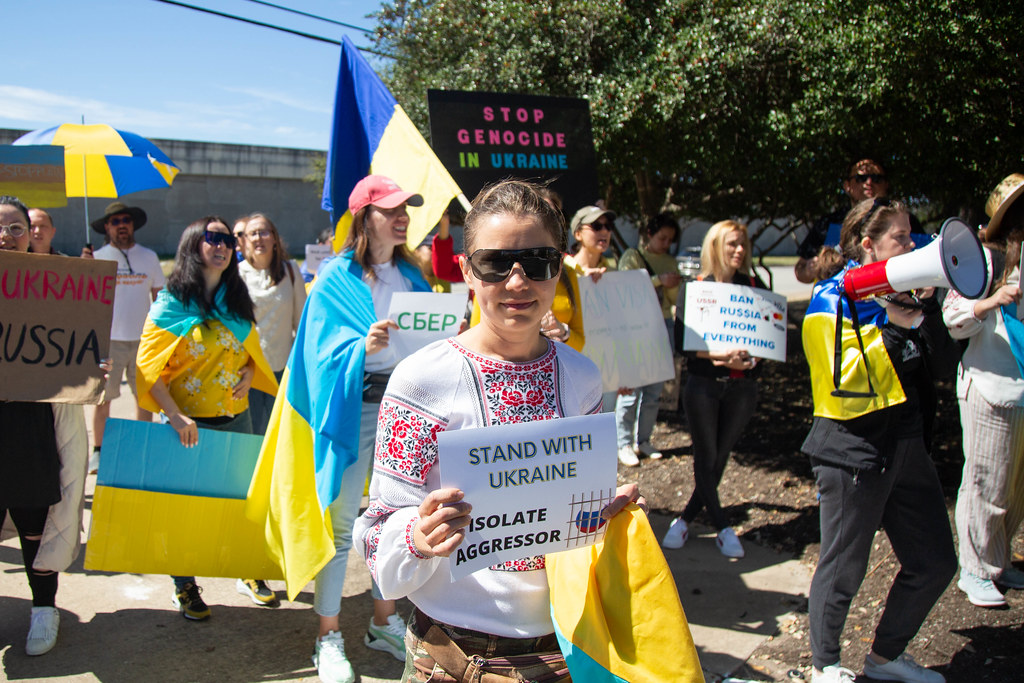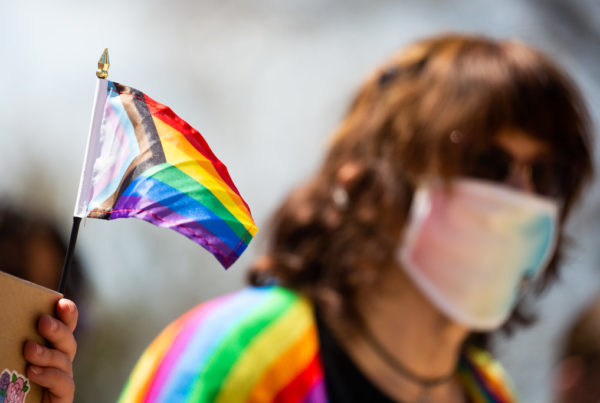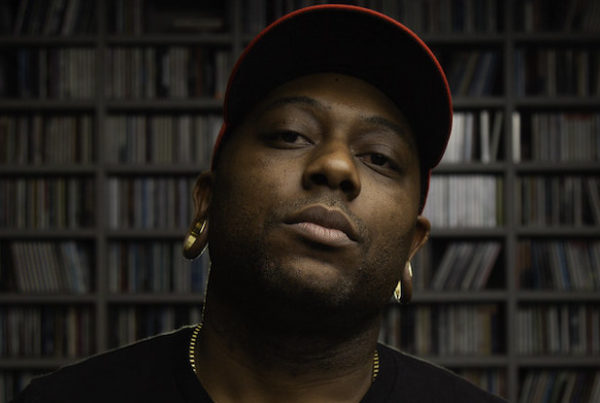As Russia’s assault on Ukraine continues, targeted attacks on Ukrainian civilians have escalated. Over 200 schools and 1,500 residential buildings have been destroyed in the conflict, as of March 7.
In response to Russia’s attacks, the International Criminal Court announced an investigation into Russian President Vladimir Putin for war crimes. However, if the international court does find evidence of war crimes by Russian leaders, it is unclear how they will be prosecuted.
Zachary Kaufman is an associate professor of law and political science at the University of Houston Law Center, where he specializes in international courts and tribunals. He spoke with Texas Standard about international laws surrounding war crimes and the potential consequences for Russian leaders. Listen to the interview with Kaufman in the audio player above or read the transcript below.
This interview has been edited lightly for clarity.
Texas Standard: What constitutes a war crime?
Zachary Kaufman: Well, there are actually four types of atrocity crimes at issue with Russia’s assault on Ukraine: war crimes, genocide, crimes against humanity and aggression. War crimes are serious violations of the laws and customs applicable in international armed conflict. Examples include intentionally directing attacks against civilians or civilian objects. But again, there are three other categories of crimes that Vladimir Putin and others might be charged with, and those are genocide, crimes against humanity and aggression.
How are these crimes investigated? How can evidence be gathered in an active war-zone?
There are several options for seeking an individual, criminal responsibility for President Putin and other Russians. One way is through the International Criminal Court – the world’s first permanent international war crimes tribunal. A second option of holding Putin and others accountable is through some form of an ad hoc tribunal, such as those at Nuremberg, Tokyo, Rwanda, former Yugoslavia, Sierra Leone and Cambodia. A third option might be through Russia’s own domestic courts. And a fourth option would be through a third party’s domestic courts.
Who would bring the charges in the first place?
So the International Criminal Court, for example, has already initiated an investigation. So what they’re determining right now is whether there is sufficient evidence and that the gravity of the alleged crimes rise to a level that they should be under the jurisdiction of the International Criminal Court. They dispatched a team of investigators which is working on collecting both physical evidence and, given all the social media and internet access available in Ukraine, digital evidence.
Is it possible for political pressure to be brought on a world leader and that world leader to try and unilaterally bring charges against a country or an autocrat?
Yes, it is possible. So under the concept of what’s called universal jurisdiction, there’s a view that some offenses are so heinous that they can be prosecuted by any country, anywhere in the world. For example, Germany has been initiating prosecutions against some Syrians under this claim of universal jurisdiction. And so, at least theoretically, it could be done in the case of Russia as well.
Have there been successful prosecutions by countries using universal jurisdiction?
Yes, there have been some, including in Germany. The challenge here, of course, is that President Putin remains in power and it’s unclear whether he would ever be apprehended. Depending on the court, the court may require the physical presence of the suspect. In other words, many judicial forms will not allow trials in absentia. And so the key challenge will be whether President Putin and or other Russian officials would actually be apprehended at some point.
Would it be easier to just charge commanders on the ground or more effective to charge leaders at the top like Putin?
Russia has clearly committed the crime of aggression as it uses its armed forces to violate Ukraine’s sovereignty without authorization by the U.N. Security Council and not in self-defense. Russia appears to have perpetrated crimes against humanity through its indiscriminate attack of civilians and civilian objects – such as residential area schools, and as you just mentioned, the maternity hospital. It also seized nuclear power plant, allegedly used cluster munitions and vacuum bombs and attacked humanitarian corridors, all of which might be either a war crime or crimes against humanity. There’s also been allegations by President Zelensky and others that Russia has committed genocide through its evident intent, according to this claim, to destroy in whole or in part, Ukrainians.















